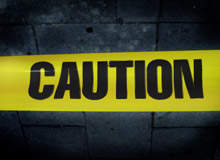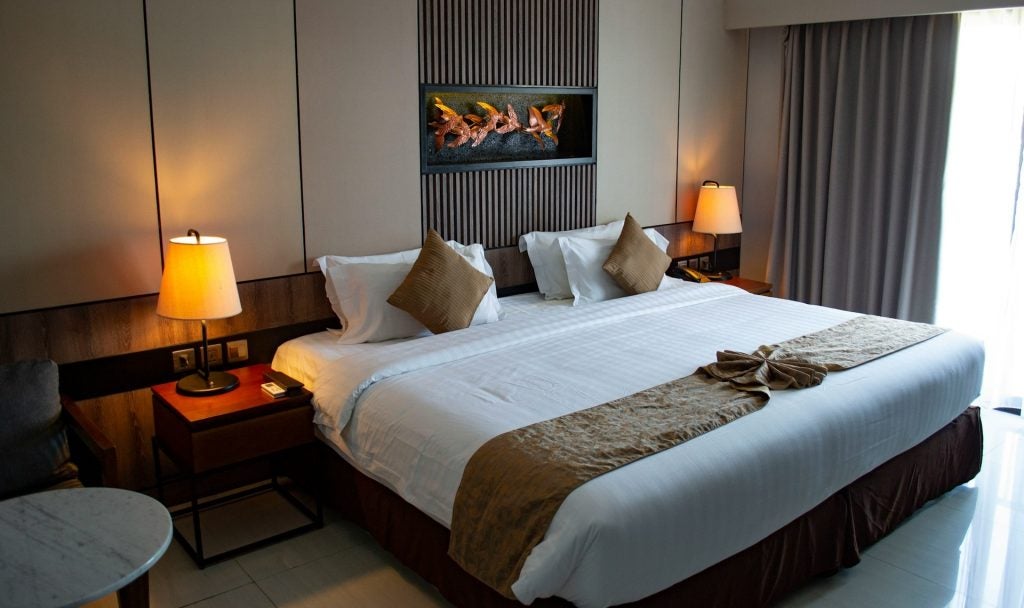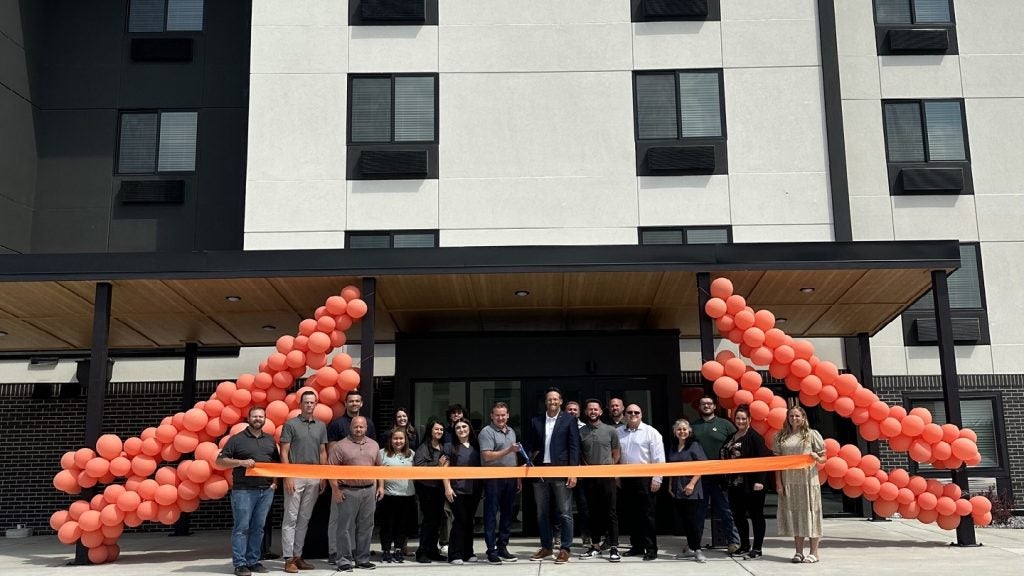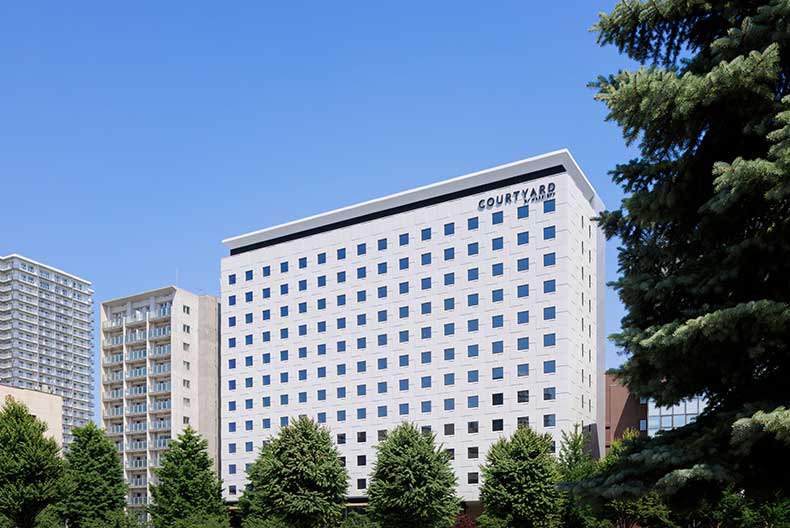
Fraudulent claims against hotels and other licensed premises are on the rise. Cases of people slipping, tripping and falling are becoming more common, but claims are also getting more creative.
Compensation claims in the UK exceeded £10bn in 2005 and this figure is expected to rise. One in ten UK companies has been the target of fraudulent claims and the cost to UK businesses exceeds £550m each year.
While some cases involve a genuine accident, fraudulent claims against hotels, pubs and restaurants are getting increasingly sophisticated. Because of this, only an estimated 10% of fraudulent claims against hotels are discovered.
Hospitality companies are easy targets because they often don’t have appropriate risk management protocols, such as inspection records and housekeeping policies, in place.
ACCIDENTS BY DESIGN
There has been a sharp increase in the number of fraudulent claims in the UK, and a look at recent cases shows they are also becoming more creative.
How well do you really know your competitors?
Access the most comprehensive Company Profiles on the market, powered by GlobalData. Save hours of research. Gain competitive edge.

Thank you!
Your download email will arrive shortly
Not ready to buy yet? Download a free sample
We are confident about the unique quality of our Company Profiles. However, we want you to make the most beneficial decision for your business, so we offer a free sample that you can download by submitting the below form
By GlobalDataIn the case of Rutherford vs Greene King (2005), the claimant alleged that he had fallen out of a 1st floor window while playing pool at the Hope & Anchor pub in London’s Islington High Street. He suffered severe head and facial
injuries.
He argued that the large French-style windows with low sills made it foreseeable that someone who had been drinking heavily could fall through them.
It was later discovered by Weightmans’ solicitors that the main ‘independent witness’ did not exist. In fact, the accident had occurred further along the high street outside the premises of a council building while the claimant was
attempting to stand on a set of railings and urinate into a basement. Further surveillance also showed that he was working while alleging that he was unable to do so because of his injuries.
In Hemel Hempstead, in the case of Barry vs Greene King (2005), the claimant alleged that he had fallen from an old beer garden wall adjoining the pub premises, that a number of bricks had given way and that he had fallen 14ft to the car park below,
suffering severe facial and head injuries.
Despite this, the claimant had been able to pick himself up and walk to a local hospital without alerting staff to the accident. The claimant produced extracts of statements from four friends who witnessed the accident.
However, the defence highlighted that there had been notices attached to the wall stating that it was potentially dangerous and that no one should sit or lean on it. CCTV footage also showed that the claimant could not have fallen where he
alleged.
Finally, inspection records carried out by security staff failed to reveal any brickwork or blood within the car park area below the wall on the morning after the accident occurred. After a robust denial of liability, the claimant dropped the
case.
Tripping accidents are some of the most common. In Moore vs The Manor Hotel in Yeovil (2005), the claimant alleged that, despite negotiating a step up into the ladies toilets on the 1st floor of the premises, she had forgotten about the step when
exiting. She had also failed to notice the ‘Caution’ sign on both sides of the door.
Even though she was attending her office Christmas party, she denied that she had been drinking excessively or that drink played any part in causing her accident. The Court wholly rejected the claim on the basis that there had been no similar previous
accidents and that the signs alerting people to the step were clear.
Many recent claims relate to individuals who have either been assaulted or have had an accident. They have then sought to claim for damages against owners of property where there is a clear defect in the premises. This is becoming increasingly common
and is difficult to defend without positive evidence to throw doubt on the circumstances of the accident or on the credibility of the individual claimant and their witnesses.
AVOIDING CLAIMS
There are a number of measures hoteliers can take to protect their establishment from these types of claims.
Complaints of defective premises, torn carpets or missing stair-treads should be taken seriously and inspected at the time the complaint is made. If the area cannot be fixed immediately through temporary repair, it should be cordoned off and/or
warning signs placed in the area.
In addition, complaints of defects in the premises may be the precursor to a false claim being levelled against the premises at a later date.
If it can be shown that the hazard was present at the time of the accident and that the property owner was notified sometime before the accident occurred, there is little prospect of successfully defending such a claim.
If possible, hotel managers should take photographs and relevant measurements as soon as possible after an accident has been reported to show the state of affairs at the time.
In McAnespie vs Newtz, individuals were found pulling loose carpet from stair treads the day after an accident where the claimant had fallen while drunk.
It can be difficult to avoid claims entirely, be they fraudulent or genuine. Immediately after a claim has been made, bear in mind the following:
- Late reports of an accident, or the lack of any report, should be treated with suspicion.
- Detailed statements should be taken from the injured party and from all witnesses, including a full name and address for future contact.
- Immediately pass on claims and correspondence to your insurers/brokers and notify them of your suspicions where appropriate. (The Personal Injury Pre-action Protocol requires letters of claim to be acknowledged within 14 days, and a decision on
liability from the company/insurers within three months.) - There are very strict timetables to which your insurers must adhere in all claims for injury.
- Ignoring claims will not help you later on and will also have adverse cost implications.
Never allow your staff to admit responsibility or mention previous complaints or accidents. These will be used against you to show that you were aware of the possibility that an accident could occur.
While smaller claims can be managed by having effective risk measures in place, claims involving more serious injuries will require specialist investigation.
Solicitors have access to the insurance industry fraud database and the Department of Works and Pensions benefits network, to which all claims must be reported. These are both invaluable tools in dealing with fraudulent claims.
My best advice to hoteliers would be: be suspicious; carry out frequent inspections of your premises and document them; and where appropriate always put up clear warning signs.
The advent of ‘no win, no fee’ funding means that claims can be brought where the claimants run little risk of incurring any costs of their own.
The hotel and licensed trade industry is clearly seen as a ‘soft target’ for fraudulent claims, and in the UK, with the advent of 24-hour drinking, it will only get worse.







